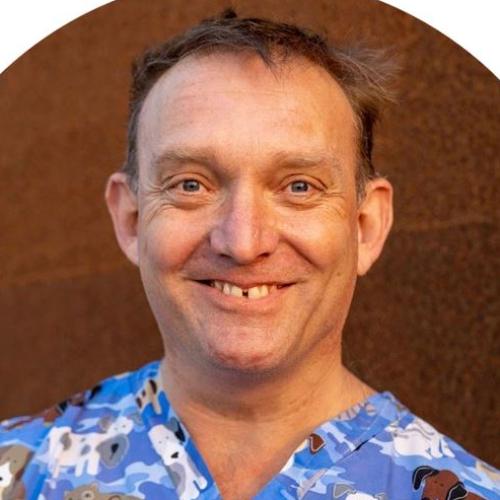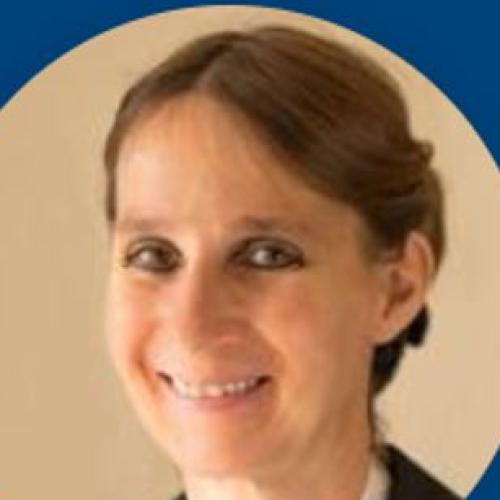
Peter Michel
Healthcare Investor
Permira

Charles Cosgrave
Managing Director
Village Vets

Charles Cosgrave
Managing Director
Village Vets

Dr. David Hodges
Founder
Stellar Vets

Sabine Koelle
Professor of Anatomy and Developmental Biology
University College Dublin

Dr. Jürg Baggenstoss
Partner
Stonehaven Cozmix Group

Andrew Van Kessel
Associate Director Research
VIDO

Dr. Ralph Heuser
Partner
Stonehaven Cozmix Group

Nicolas Denis
Partner
McKinsey & Company

Krista Moatz
Managing Partner
Sugar Capital